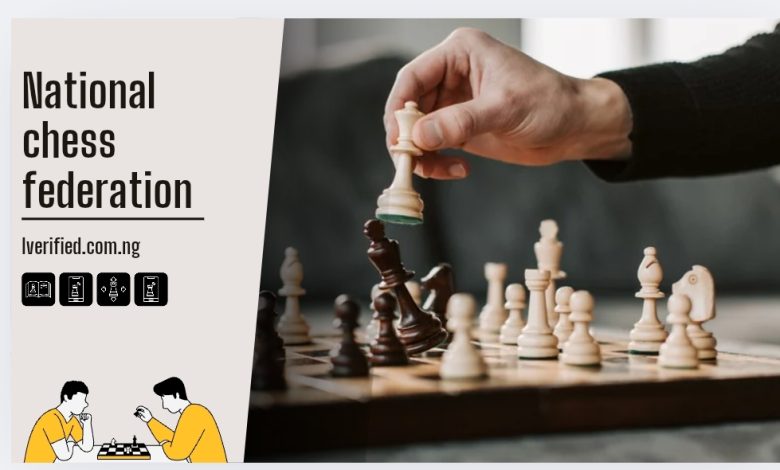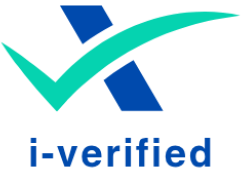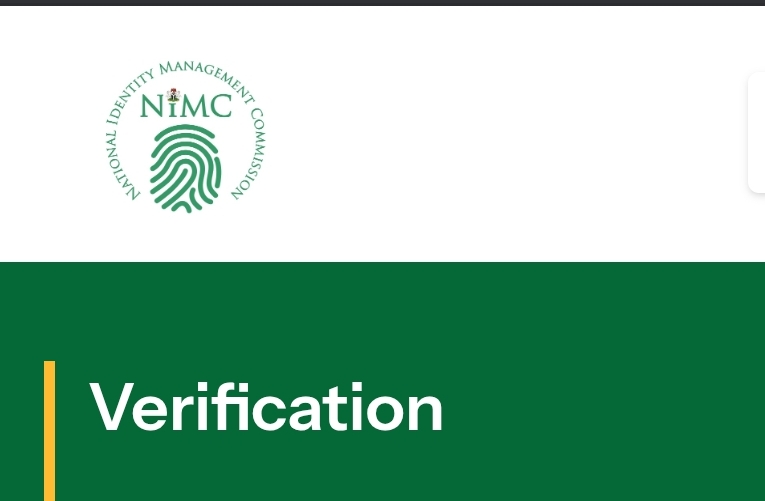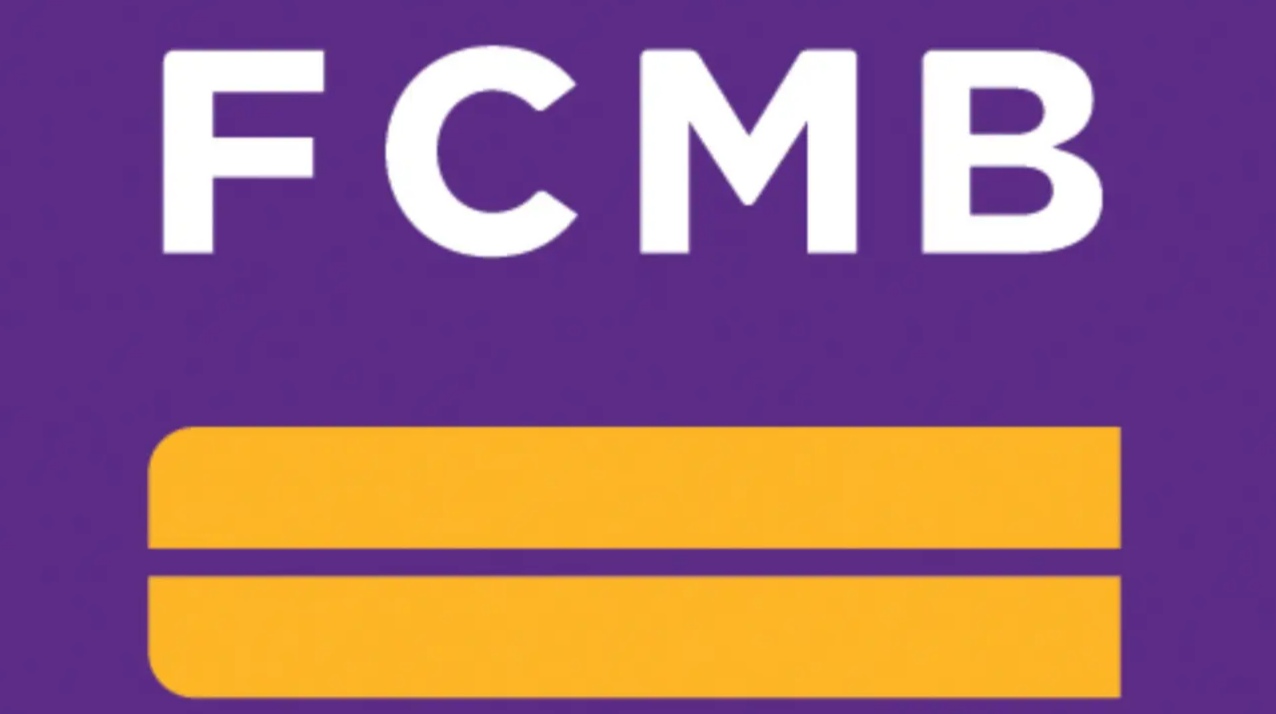National Chess Federation Registration 2025/2026

National chess federation registration for UK citizens, Nigerians, and international players. Learn registration requirements, benefits, costs, and career opportunities through official chess federation membership.
National Chess Federation Registration for the year
Introduction
Chess has evolved from a simple board game into a globally recognized sport with structured competitions, professional rankings, and substantial career opportunities. For aspiring chess players, coaches, and chess enthusiasts worldwide, understanding the national chess federation registration process represents a crucial stepping stone toward legitimate competitive participation and professional development.
Read Also: Federal Civil Service Commission Salary Structure and Allowances: Complete Guide 2025
National chess federation registration serves as the official gateway that connects individual players to the broader chess community, providing access to rated tournaments, coaching certifications, scholarship opportunities, and international competitions. Whether you’re a student in Nigeria seeking chess scholarships abroad, a UK resident exploring competitive chess pathways, or a skilled professional considering chess coaching as a career transition, proper federation registration opens doors to countless possibilities.
This comprehensive guide addresses the complexities of national chess federation registration across different countries, with particular focus on opportunities available to Nigerian players and UK residents, while providing valuable insights for the global chess community.
National Chess Federation Systems
National chess federations operate as the primary governing bodies for organized chess activities within their respective countries. These organizations maintain player databases, organize tournaments, certify coaches, and serve as the official liaison with the World Chess Federation (FIDE).
Each country typically maintains one primary chess federation, though some larger nations may have regional subdivisions.
The registration process varies significantly between countries, but most federations require basic personal information, proof of identity, and registration fees.
Some federations mandate membership through local chess clubs, while others allow direct individual registration.
Understanding these nuances becomes particularly important for international students and professionals seeking to maintain their chess credentials across multiple countries.
For Nigerian players, the Nigeria Chess Federation serves as the primary governing body, while UK players typically register through the English Chess Federation, Scottish Chess Association, or Welsh Chess Union, depending on their location.
These federations maintain different fee structures, membership benefits, and tournament calendars, making informed selection crucial for serious players.
Registration Requirements and Documentation
The documentation requirements for national chess federation registration typically include government-issued identification, proof of residence, and completed application forms. International players may need additional documentation, including visa status verification or proof of student enrollment for those studying abroad.
Most federations require passport-style photographs and may request academic transcripts for student members seeking competitive eligibility in scholastic tournaments.
Professional players often need additional certifications, particularly those pursuing coaching credentials or seeking employment in chess education.
Payment methods vary considerably between federations. While UK-based federations typically accept online payments through secure portals, some developing country federations may require bank transfers or physical payment submission.
Learning about these payment requirements prevents registration delays and ensures smooth processing.
Age verification represents another critical component, particularly for junior players seeking age-group tournament eligibility.
Many federations maintain separate junior and senior divisions with different fee structures and benefits packages.
Benefits of Federation Membership
Federation membership provides numerous advantages that extend far beyond basic tournament participation. Registered members gain access to official rating systems, which serve as standardized measures of playing strength recognized internationally.
These ratings prove essential for scholarship applications, coaching positions, and competitive tournament entry.
Educational opportunities represent significant membership benefits. Many federations offer coaching certification programs, referee training courses, and administrative development workshops.
These educational pathways create career opportunities in chess instruction, tournament organization, and sports administration.
Insurance coverage often accompanies federation membership, protecting players during official tournaments and training activities.
This coverage proves particularly valuable for professional players and coaches whose livelihoods depend on active chess participation.
Networking opportunities within federation membership cannot be understated. Members gain access to exclusive events, training camps, and mentorship programs that facilitate professional development and career advancement.
These connections often lead to coaching opportunities, scholarship recommendations, and international playing invitations.
International Recognition and FIDE Integration
Most national chess federations maintain formal relationships with FIDE, ensuring that domestic ratings and achievements receive international recognition.
This integration proves crucial for players seeking to compete internationally or pursue chess careers abroad.
FIDE title requirements often mandate participation in federation-sanctioned tournaments, making national registration essential for title aspirants.
International Master and Grandmaster titles require specific rating achievements and performance standards that can only be earned through official federation competition.
For students studying abroad, maintaining active membership in their home country federation while registering with their host country federation provides maximum flexibility and opportunity access.
This dual membership strategy proves particularly beneficial for Nigerian students in UK universities who wish to maintain eligibility for both domestic and international competitions.
Registration Costs and Financial Considerations
Federation registration costs vary dramatically across different countries and membership categories. Annual fees typically range from modest amounts for basic membership to substantial fees for premium memberships that include additional services and benefits.
Student discounts are commonly available, making federation membership more accessible for young players and university students. Many federations offer payment plans or scholarship programs for economically disadvantaged players, ensuring that financial constraints don’t prevent talented individuals from accessing competitive opportunities.
Corporate sponsorship opportunities sometimes offset registration costs for promising players. Some federations maintain sponsorship programs that connect talented players with business sponsors seeking marketing partnerships or community involvement opportunities.
Knowing the full cost structure, including tournament entry fees, rating fees, and additional service charges, helps players budget effectively for their competitive chess participation.
Digital Registration Processes and Technology
Modern chess federations increasingly utilize online registration systems that streamline the membership application process. These digital platforms allow document upload, payment processing, and membership management through user-friendly interfaces.
Mobile applications and digital membership cards are becoming standard features, allowing members to access their credentials, tournament schedules, and rating information from anywhere. These technological advances prove particularly beneficial for international players who need constant access to their membership status and documentation.
Some federations offer integration with popular chess platforms, allowing members to sync their official ratings with online chess accounts. This integration provides additional training opportunities and helps maintain active playing experience between official tournaments.
Career Opportunities Through Federation Membership
Federation registration opens diverse career pathways within the chess industry. Coaching certifications obtained through federation programs qualify members for teaching positions in schools, chess clubs, and private instruction settings.
Tournament organization represents another significant career opportunity. Federations train members as tournament directors, referees, and organizers, creating employment opportunities in competitive chess administration.
Writing and content creation opportunities emerge for federation members who demonstrate expertise and communication skills. Many federations maintain publications, websites, and educational materials that require knowledgeable contributors.
Chess journalism and commentary represent growing career fields, particularly with the expansion of online chess broadcasting and streaming. Federation credentials provide credibility and access that prove essential for success in these emerging fields.
Here is the official sit for English Chess Federation
Testimonials from Federation Members
Sarah Okafor, Lagos, Nigeria: “Registering with the Nigeria Chess Federation transformed my chess journey completely. As a university student, I gained access to coaching workshops that improved my teaching skills dramatically. The federation helped me connect with international opportunities, and I recently received a chess scholarship to study in the UK. The networking opportunities alone made the registration fee worthwhile.”
James Mitchell, Manchester, UK: “After moving to Manchester for work, joining the English Chess Federation kept me connected to competitive chess. The rating system motivated me to improve consistently, and I’ve made incredible friends through federation tournaments. The insurance coverage proved valuable when I injured my wrist during a tournament. I recommend federation membership to anyone serious about chess improvement.”
Adaeze Nwankwo, Abuja, Nigeria: “Federation registration opened coaching opportunities I never imagined possible. The certification program provided professional credibility that helped me establish my chess academy. Parents trust federation-certified coaches more readily, and my business has grown significantly since registration. The investment in membership has paid for itself many times over through increased coaching income.”
David Thompson, Edinburgh, Scotland: “As a retired professional seeking new challenges, chess federation membership provided structure and purpose to my chess playing. The Scottish Chess Association tournaments give me regular competitive opportunities, and I’ve progressed from casual player to serious competitor. The social aspects of federation membership have enriched my retirement significantly.”
Blessing Okoro, London, UK: “Maintaining dual membership in both Nigerian and English chess federations while studying in London has been incredibly beneficial. I can compete in tournaments in both countries and maintain my rating progress continuously. The federation support helped me secure grants for chess equipment and tournament travel expenses. This dual membership strategy has maximized my competitive opportunities.”
For Nigerian chess federation, Click here
Frequently Asked Questions
What documents are required for national chess federation registration?
Most federations require government-issued photo identification, proof of current address, completed application forms, and passport-style photographs. International students may need additional documentation including visa status verification and enrollment confirmation. Some federations also require parental consent for junior members under 18 years of age.
Can I maintain membership in multiple national federations simultaneously?
Yes, maintaining dual or multiple federation memberships is generally permitted and often advantageous for international players. However, players must designate one federation as their primary affiliation for official rating and title purposes. Costs and administrative requirements increase with multiple memberships, but the expanded tournament access and networking opportunities often justify the additional investment.
How long does the registration process typically take?
Online registrations through modern federation systems usually process within 5-10 business days after payment confirmation and document verification. Traditional paper-based systems may require 2-4 weeks for complete processing. International registrations often take longer due to additional verification requirements and communication delays.
Are there age restrictions for federation registration?
Most federations accept members of all ages, though some require parental consent for members under 18. Junior members often receive different membership categories with age-appropriate benefits and tournament opportunities. Senior categories may begin at age 50 or 65, depending on federation policies.
What happens if I move to a different country permanently?
Players relocating permanently can typically transfer their membership to their new country’s federation while maintaining their rating history and title credentials. Some federations offer reciprocal agreements that facilitate smooth transitions. Temporary relocations for study or work usually don’t require membership transfer, though dual membership may provide additional opportunities.
Can federation membership help with chess scholarship applications?
Yes, active federation membership demonstrates serious commitment to competitive chess and provides access to scholarship databases and application support. Many educational institutions prefer applicants with official ratings and tournament experience documented through federation participation. Federation recommendations and networking connections often prove crucial for successful scholarship applications.
What are the typical annual costs for federation membership?
Membership costs vary significantly by country and membership category. Basic annual memberships typically range from $25-100, while premium memberships with additional services may cost $200-500 annually. Student discounts often reduce costs by 25-50%. Additional costs for tournaments, coaching certifications, and rating fees should be considered in budgeting.
How do federation ratings compare to online chess ratings?
Federation ratings follow standardized systems recognized internationally, while online ratings vary between platforms and typically inflate faster than official ratings. Official federation ratings carry more weight for scholarships, coaching positions, and tournament seeding. Many serious players maintain both official and online ratings for comprehensive skill assessment.
Can federation membership lead to employment opportunities?
Yes, federation membership provides access to coaching certifications, tournament director training, and administrative positions within the chess community. Many chess coaches, tournament organizers, and chess industry professionals began their careers through federation involvement. Networking opportunities within federation communities often lead to job recommendations and career advancement.
What support do federations provide for international competition?
Federations typically coordinate international team selections, provide training support for elite players, and facilitate visa and travel arrangements for international competitions. Some federations offer financial support for promising players, though availability varies by country and budget constraints. Federation credentials are essential for most international tournament participation.
Conclusion
National chess federation registration represents far more than simple administrative membership—it serves as a comprehensive pathway to chess excellence, career development, and international opportunities. For players across Nigeria, the UK, and globally, understanding and navigating the registration process effectively can transform casual chess interest into serious competitive achievement and professional success.
The benefits extend well beyond tournament participation, encompassing education, networking, career development, and international recognition. Whether you’re a student seeking chess scholarships, a professional exploring career transitions, or an enthusiast committed to improvement, federation membership provides the structure, support, and credibility necessary for chess success.
The investment in national chess federation registration pays dividends through enhanced playing opportunities, professional development, and access to the global chess community. As chess continues growing in popularity and professional recognition worldwide, federation membership becomes increasingly valuable for anyone serious about maximizing their chess potential and opportunities.




